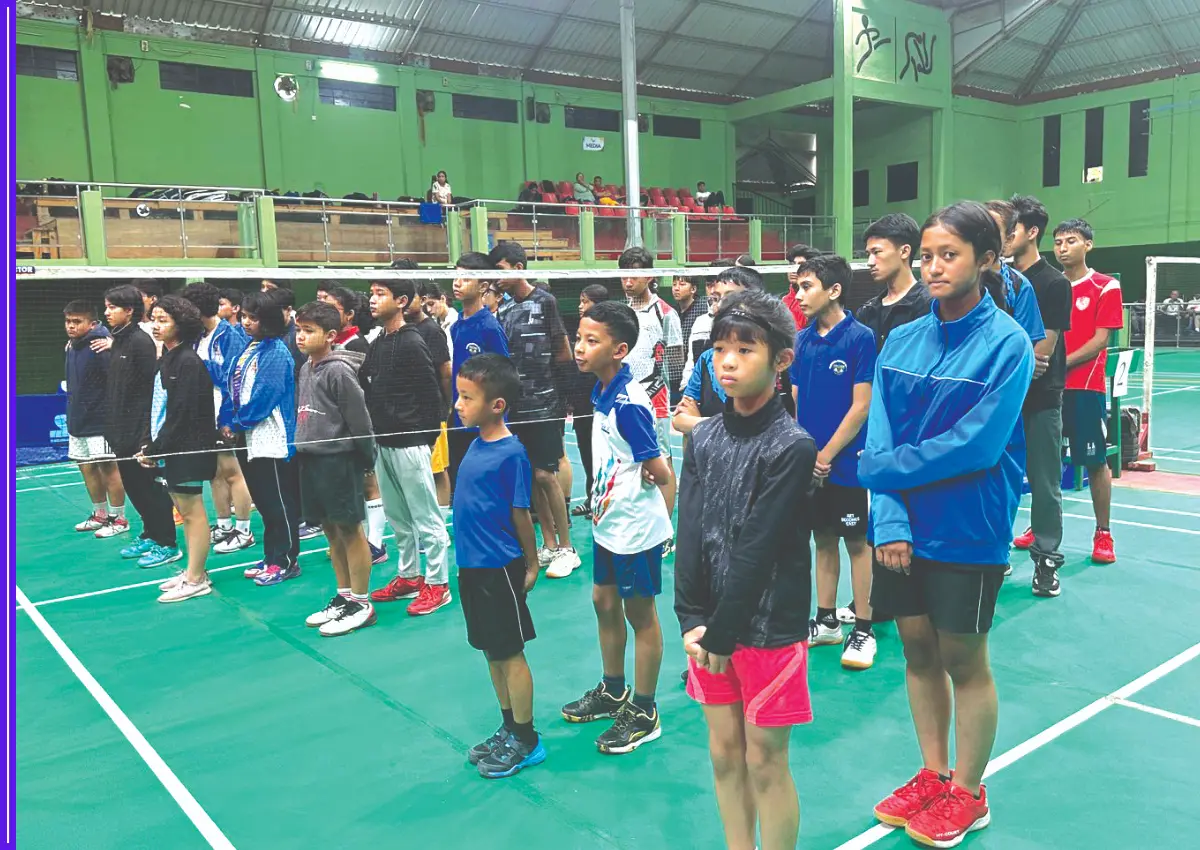A lady from Afghanistan had aspired to become a doctor, but the Taliban limits women’s responsibilities, so she instead produces pickles. Frozen Ahmadzai is among the 200,000 Afghan women who are authorized to work under the Taliban. To fulfill her ambition of becoming a doctor, she should have graduated from college this year, but the Taliban has prevented women from pursuing further education and has kept them out of numerous professions.

These days, she sews in a Kabul basement rather than suturing. Rather than giving prescriptions, she pickles. At a time when the Afghan economy is at its worst point ever, half of the country’s population is currently unable to work. Women still have limited employment options. Among them are sewing and cooking, which Ahmadzai, 33, now does alongside other women who were teachers or who previously wanted to become one.
Before the Taliban took over and put severe restrictions on women and girls, women’s involvement in the Afghan workforce was 14.8% in 2021. This participation has always been restricted by traditional cultural ideas. These include prohibiting women from attending school past the sixth grade, preventing them from entering public areas like parks, and imposing clothing requirements.
Based on World Bank data, the percentage of women working fell to 4.8% in 2023. When Ahmadzai discusses the new reality for Afghan women, her eyes light up. Regarding the work being done in the basement, she remarked, “We are just looking for a way to escape.” It’s a step up from being cooped up at home, anyhow. However, she and her 50 coworkers in the collective don’t make much money. The tailoring and pickle companies make about 30,000 Afghanis ($426) in a good month.
In addition, the women have various grievances that are common to everybody in Afghanistan: The utility and rent are expensive. The sewing machines are from the 1950s. The supply of power fluctuates. They are not adequately compensated by local shops. Neither local government nor banks provide them any assistance to build their enterprises.
Women find it difficult even to get permission from the Taliban to work, even though, according to Afghan labor rules, the application process for work licenses should be identical for both sexes.
Women are not permitted on the ministry’s property; instead, a female-only office has been established elsewhere. According to Samiullah Ebrahimi, a spokeswoman for the Ministry of Labor and Social Affairs, the goal is to “speed things up and make things easier” for women.
Women provide their documentation there, which includes a cover letter, a national identity card, and a private clinic’s health certificate. That is supposing they possess the necessary paperwork and funds to cover any expenses. It also presumes that, in the absence of a male guardian, they can wander about without encountering harassment.
Afghanistan has emerged as the nation that oppresses women and girls the most in the world, according to a senior UN official last year. The chief of the UN political mission in Afghanistan, Roza Otunbayeva, stated that half of the country’s prospective medical professionals, scientists, journalists, and politicians were “shut away in their homes, their dreams crushed, and their talents confiscated” while the nation recovered from decades of conflict.
The Taliban hold a distinct perspective. According to ministry spokeswoman Ebrahimi, they have made an effort to give women in fields where women’s labor is required a “safe, secure, and separate” working environment by Islamic principles and Afghan customs. They can work in hospitality or retail, but it has to be an environment exclusive to women. According to him, most acceptable jobs for women don’t require a degree, such as cleaning, security screening, handicrafts, farming, tailoring, or food manufacturing.
Ahmadzai and her colleagues find it devastating that their knowledge is being underutilized. A few were also pursuing training to become makeup artists; however, beauty salons have shuttered. To become a medical practitioner, Ahmadzai has switched to a nursing and midwifery school. Some occupations for women still exist in the fields of education and healthcare. but not a medical professional. More female physicians are not what the Taliban want.
Afghan women have difficulties in supporting their families while adhering to Taliban directives, which puts a burden on their physical and emotional well-being as living conditions deteriorate. Ahmadzai claimed that the support network and camaraderie among her coworkers in Kabul’s basement are among the few benefits of her job. These days, all Afghan women play the same position in society. They don’t work hard; they remain at home, take care of the kids, and clean the house “said the speaker. Without the support of my family, I would not be in this place. They help me since I have a job. I have little children, and my spouse does not have a job.”
Working under Taliban authority is difficult, as Salma Yusufzai, the head of the Afghanistan Women’s Chamber of Commerce and Industry, recognized. Despite the chamber’s over ten thousand members, there are still few women in the Taliban-controlled government. According to Yusufzai, the chamber helps women by providing them with a stage in local marketplaces and facilitating their connections with the global world so they may take part in international exhibits and other events.









